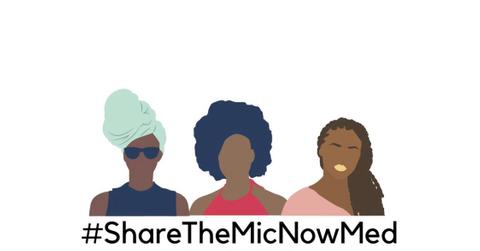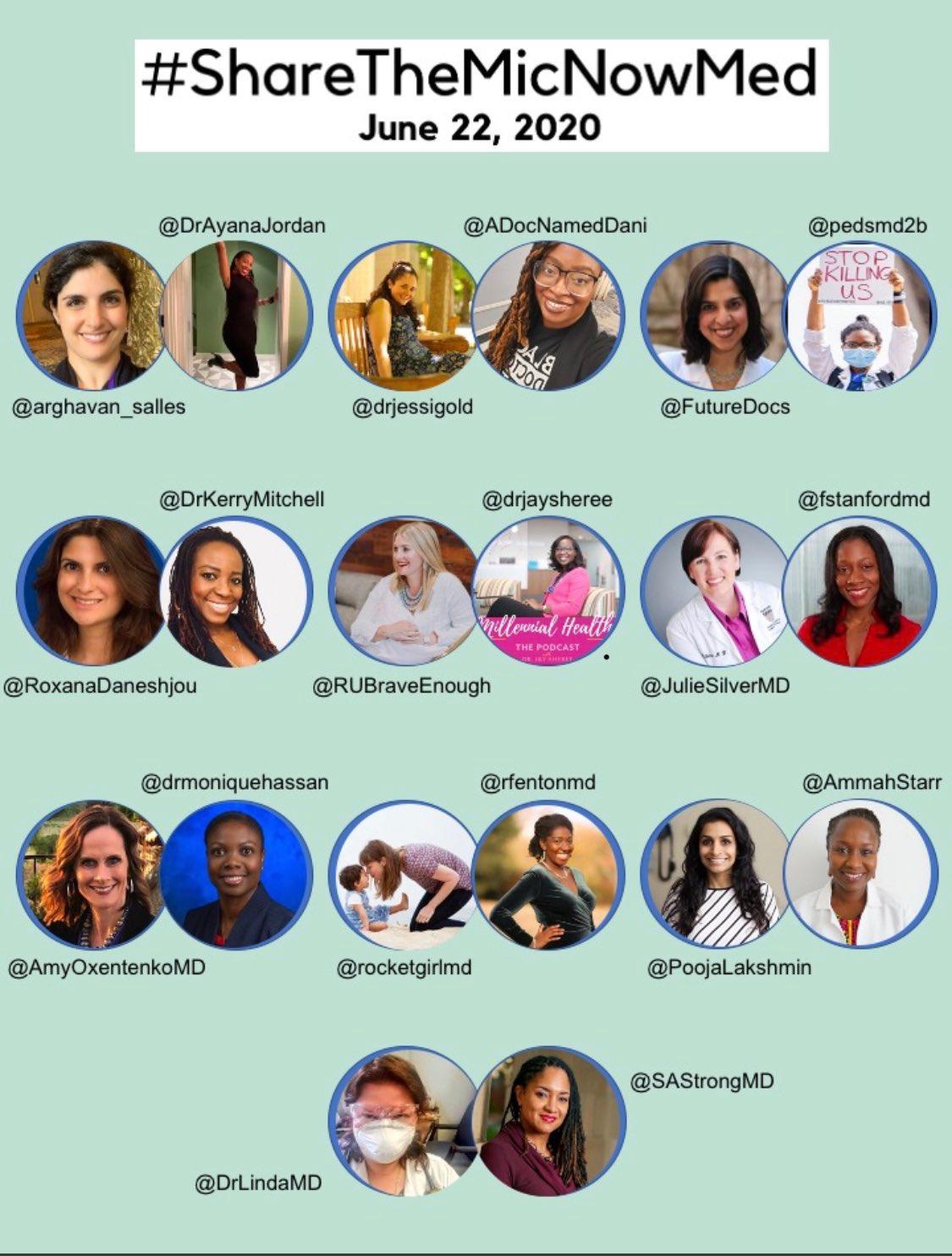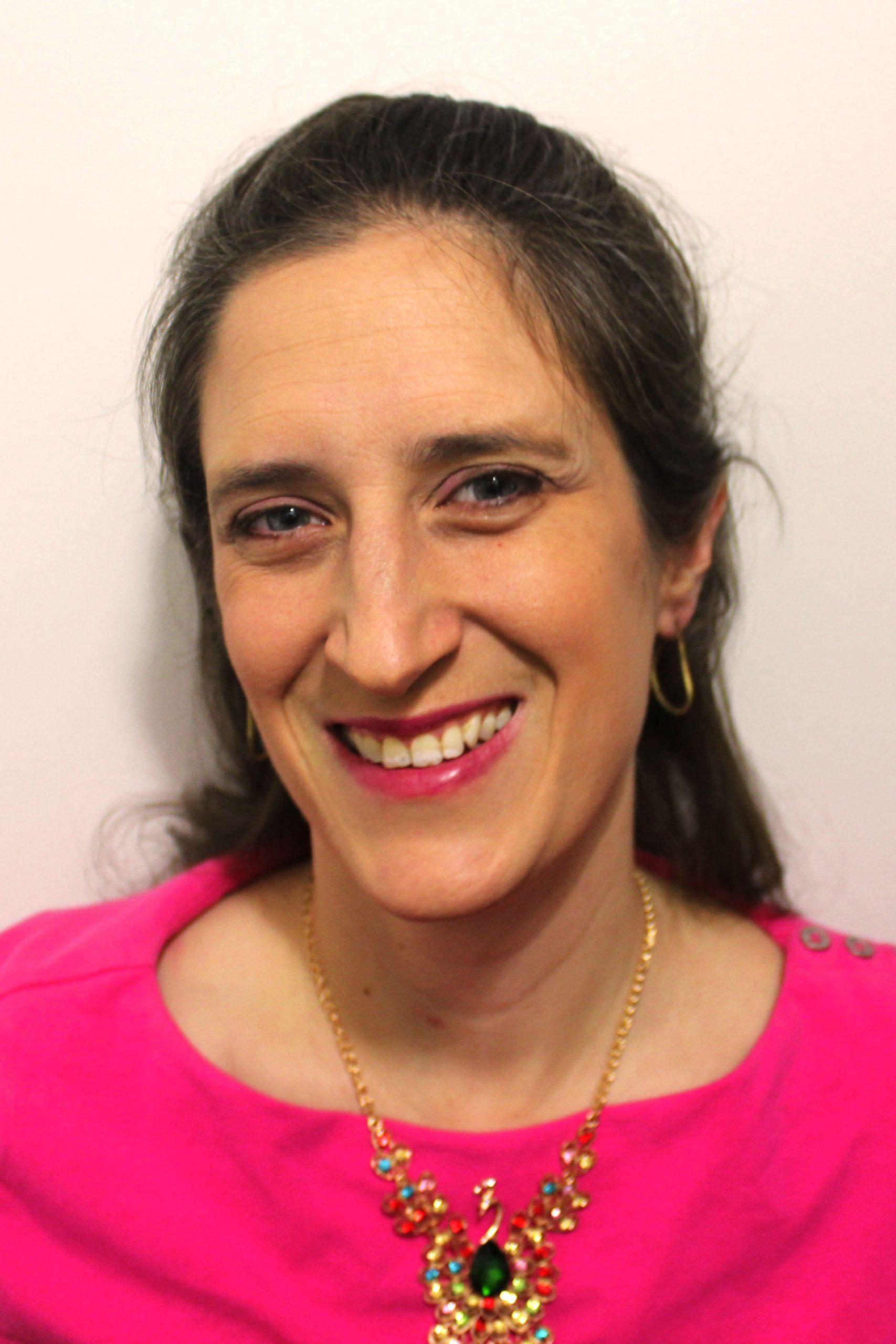#ShareTheMicNowMed Helps Amplify Black Women Physicians

On Monday, June 22, the voices of Black women in the medical field were amplified as non-Black doctors allowed their Black colleagues take over their Twitter accounts.
Black doctors took over #MedTwitter via the #SharetheMicNowMed hashtag movement to draw attention to their communities and how they navigate the medical profession. The online event was meant to highlight the work of Black physicians and create a more diverse conversation on social media about many topics, specifically health and wellness and the medical field.
Who Participated

Ten Black women in medicine tweeted from their colleagues’ accounts. Dr. Rebekah Fenton, a pediatrician and fellow with Lurie Children’s Hospital was one. Before the online event, she had 6,700 followers. She took over Dr. Lucy Kalanithi’s account, which has nearly 30,000 followers.
“We want to get an opportunity to introduce ourselves and our interests to a larger audience, and also one that very likely looks different than who we usually communicate with,” Fenton said before the event.
Dr. Fatima Cody Stanford, a physician at Massachusetts General Hospital, whose specialty is obesity and Dr. Stella Ammah, an HIV doctor in New York City, also took over some Twitter handles. Both doctors spoke on diversity, racism, and equality in the medical field, both for patients and for doctors.
Others who participated include:
- @DrAyanaJordan took over for @Arghayan_Salles
- @SAStrongMD took over for @DrLindaMD
- @DrMoniqueHassan took over for @AmyOxentenkoMD
- @DrJaySheree took over for @RUBraveEnough
- @DrKerryMitchell took over for @RoxanaDaneshjou
- @pedsmd2b took over for @FutureDocs
- @ADocNamedDani took over for @DrJessiGold
What Happened
According to Dr. Jordan on a video on Twitter, #ShareTheMicNowMed was not “a way that white women are trying to uplift Black women in a way that they can’t do themselves. No. They’re leveraging platforms and power…The reality is that Black people have either less access to healthcare or worse experiences in healthcare or delayed detection of their conditions.”
Black women physicians shared their thoughts on the successes and challenges they face in the medical field. Only 5% of doctors in 2018 identified as Black or African American in reports given by the Association of American Medical Colleges, with only a third of that being women.
Dr. Fenton told Medscape Medical News, “I think that as we hear those small numbers we often celebrate the success of those people without looking back and understanding where all of the barriers are that are limiting talented black women from entering medicine at every stage.”
Dr. Jay-Sheree Allen said that she believes “the #ShareTheMicNowMed movement we will start to show people how they can become allies. I always say that a candle loses nothing by lighting another candle, and sharing that stage is one of the many ways you can support the Black Lives Matters movement by amplifying black voices.”
The Takeaway
We can view this single-day online event as a step in the right direction. We can follow these physicians and other Black women and men to hear and understand what’s really happening in the medical field as it relates to African-Americans.
For Black people, this is an opportunity to be heard as you respond to messages, share your own experiences, and find encouragement in the stories of those who have gone before you into the fray.
For other people of color, this is an opportunity to share your stories as well, speaking out against the challenges you’ve faced and find encouragement in solidarity and allyship with others.
For white people, this is a time to speak out against the bigotry in your nation and align yourself with folks who have been marginalized and harmed by racism and hatred.






